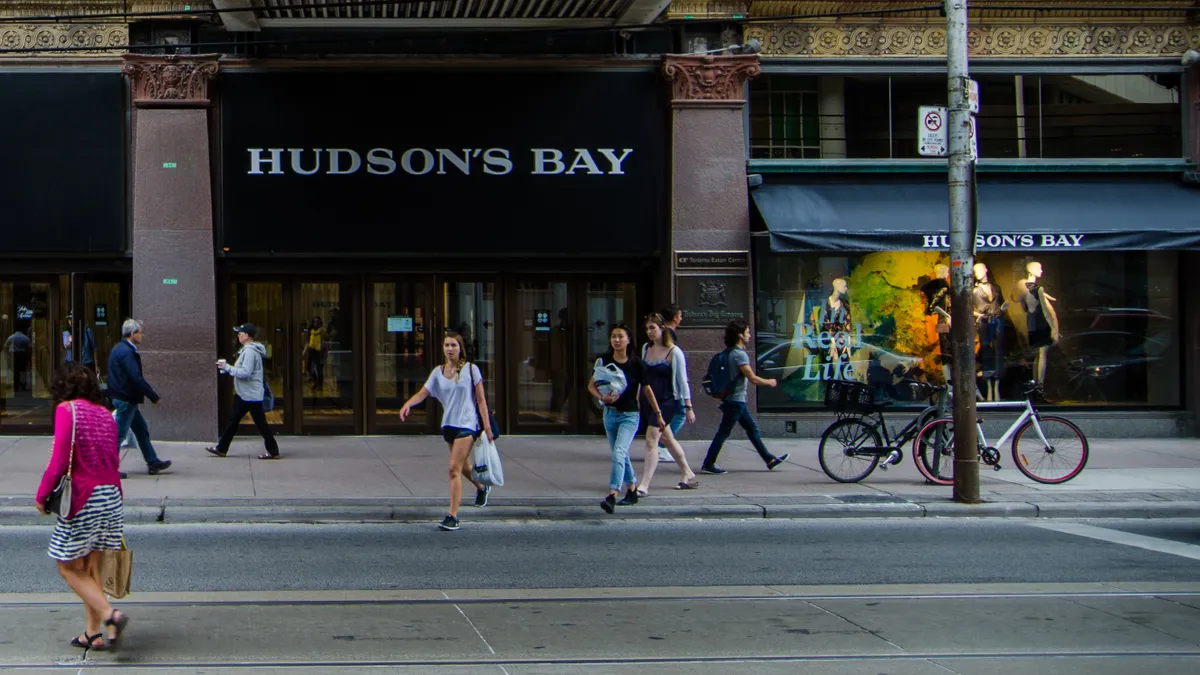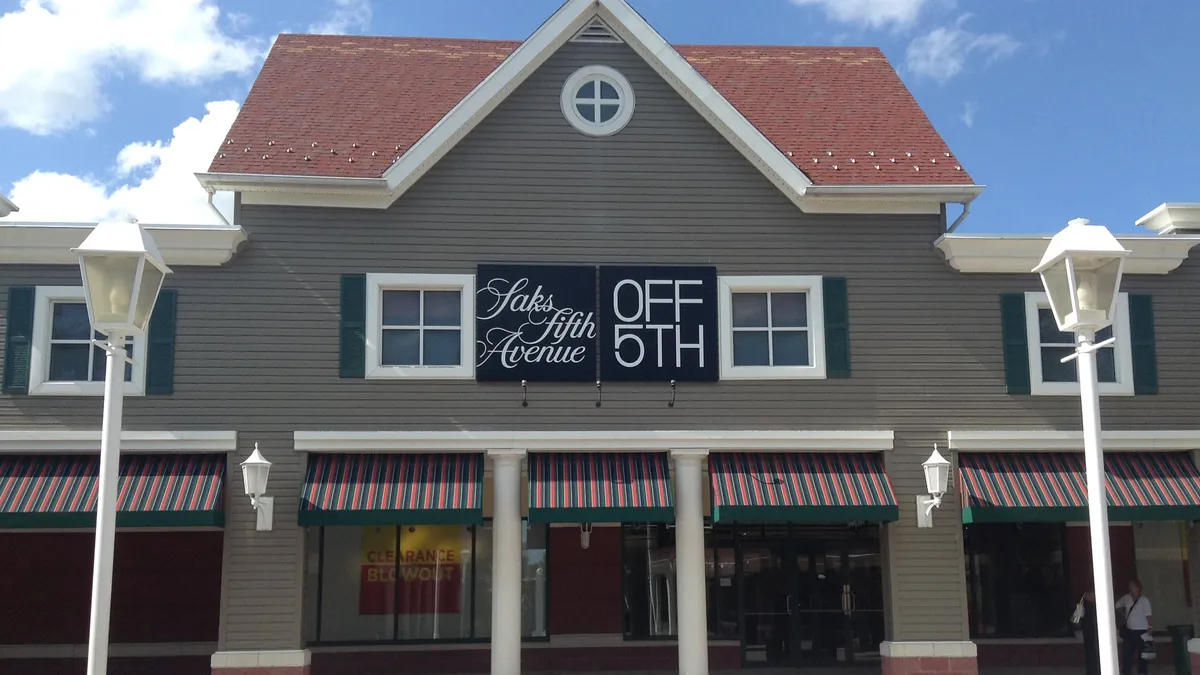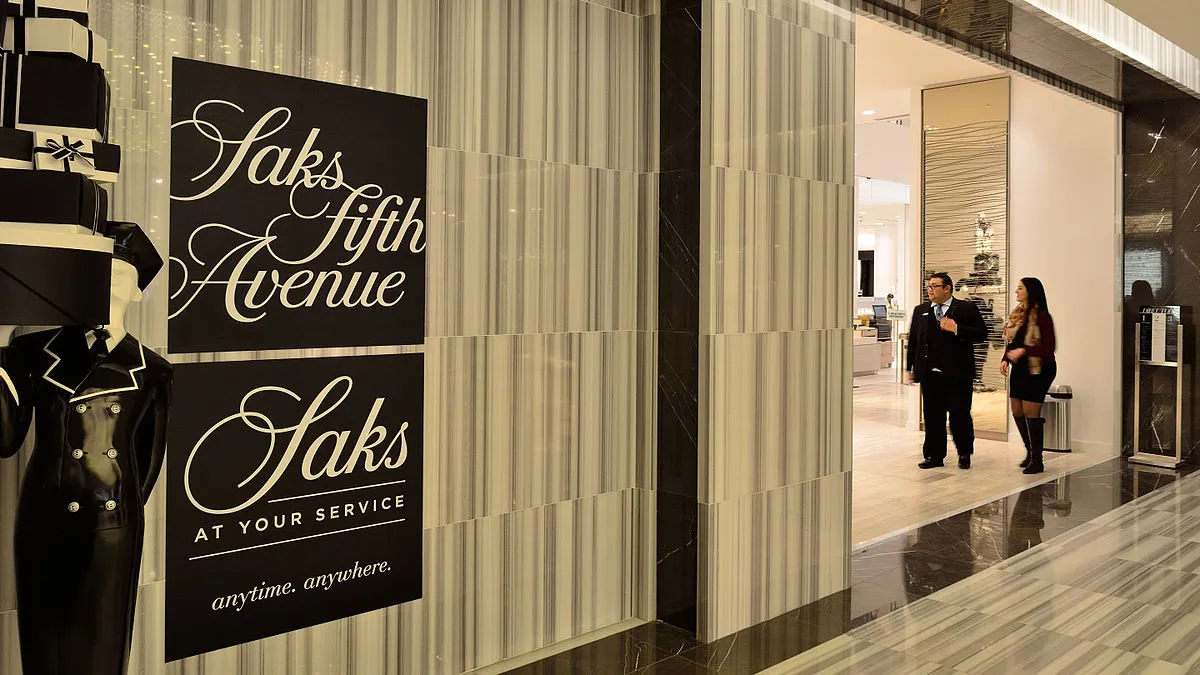HBC is named after Hudson's Bay Company, a venerable Canadian department store that evolved from a 17th century fur trading business. The company expanded into a conglomerate in the 21st century, but, recently, has fractured.
The company — for years led in some capacity or other by U.S. real estate magnate Richard Baker, at various times, including now, as its chief executive — controls Saks Fifth Avenue in the U.S. and Hudson's Bay Co. in Canada, and until recently, Lord & Taylor in the U.S. and department stores in Europe.
With the department store model in trouble and under pressure to maximize the value of its properties, HBC began unloading or shrinking its operations — divesting its European holdings; eliminating its furniture stores and shifting that business to full-line Hudson's Bay stores; and, selling Lord & Taylor's flagship to WeWork, and then the rest of that business to apparel site Le Tote (with HBC retaining some ties to its properties).
After several dismal years of falling sales and investor rebellion, HBC went private early last year. Now, the company is breaking down further. In a series of moves that run counter to retail's current omnichannel ideal, HBC is chopping up its crown jewel, luxury department store Saks Fifth Avenue, with the help of cash infusions from private equity investors. Saks' stores will stay at HBC, while its e-commerce business spins off. The same goes for the off-price Saks Off Fifth business, which will be separate not just from the full-line business, but also split into digital and brick-and-mortar entities. It's a bewildering set of circumstances, though the company promises that it won't interfere with the customer's smooth interaction with the "Saks" brand.
Several analysts have taken note over the years of Baker's real estate focus, maintaining that it has at times interfered with the business of retailing. The fragmentation of Saks is another way to monetize its assets and yet another example of Baker's priorities, according to Mark Cohen, director of retail studies at Columbia University's Graduate School of Business.
"Here's a guy who has no retail chops, who is a deal maker, who just keeps the pot boiling, intent on basically lining his own pockets," he said by phone. "This is a thinly veiled strategy to strip the assets of HBC, specifically Saks."
Still, there's some rationale for the move to operate a stand-alone digital business that does involve retailing, based on the increasing willingness of luxury players to sell online, after years of resistance. Watching MyTheresa bring in more than $400 million from its initial public offering earlier this year was likely a shiny object for Baker, Cohen said.
But not even the fat price tags on luxury items guarantee profits when selling online. And Saks and other high-end department stores are now competing with luxury brands themselves, as fashion brands increasingly bypass department stores to sell directly to customers. That makes splitting up its operations a risky move, according to Cohen.
"The customer wants to shop online," he said. "The luxury houses are continuing to go vertical rather than put up with the abuses that Saks and Neiman's and Macy's bring to bear. They have figured out how to harvest all of that excess, all of that extra margin and run the business with all the risks that it entails. So Saks' command of the industry is waning, along with their competition. And what does Baker do? He splits the dot-com off from Saks, which means there will be warring tribes between the two groups of merchants. There will be inconsistent and incompatible pricing and availability, and the customer is going to be confused."
There is one team overseeing merchandising for the Saks e-commerce company and the brick-and-mortar company, working via a service agreement, according to a company spokesperson.
Clarification: This post has been updated to clarify that Hudson's Bay Co. operates its furniture business at its full-line stores and that there is a single merchandising team working for both HBC-owned Saks Fifth Avenue and the now-independent Saks e-commerce company.



























